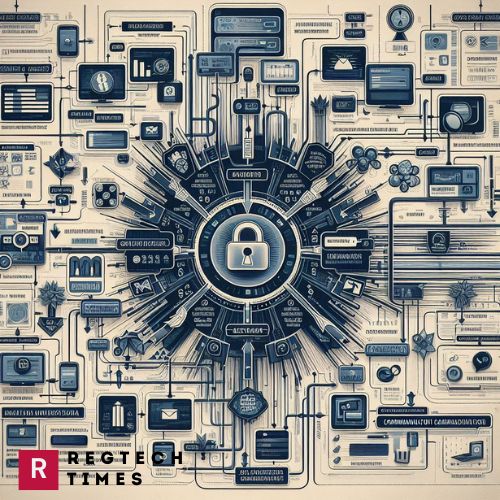In a significant development, the United States Department of Justice has unveiled indictments against ten individuals, with one arrest made, for their alleged involvement in a scheme to evade U.S. sanctions imposed on Petróleos de Venezuela, S.A. (PDVSA), the Venezuelan state-owned oil company. This case sheds light on the challenges of enforcing sanctions and maintaining control over international trade in the face of illicit activities.
Background: PDVSA and U.S. Sanctions
The U.S. sanctions on Venezuela, particularly on PDVSA, have been part of a broader strategy to pressure the Venezuelan government amid the country’s political and economic turmoil. PDVSA, being a significant entity in the Venezuelan economy, became a focal point for these measures.
The Alleged Scheme
The accusations revolve around a purported conspiracy to illegally procure and export aircraft parts, including Honeywell Turbofan Engines, from the United States to service PDVSA’s aircraft fleet in Venezuela, in violation of U.S. sanctions and export controls. It is alleged that between January 2019 and December 2021, following the imposition of sanctions on PDVSA in January 2019, the defendants devised a plan to unlawfully acquire aircraft parts from the U.S. and deliver them to PDVSA, circumventing the imposed restrictions.
Key Defendants
The indicted individuals represent a diverse array of affiliations, including PDVSA officials, company owners, directors, and employees associated with Novax and Aerofalcon. Among them are Gilberto Ramon Araujo Prieto, Guillermo Ysrael Marval Rivero, Fernando Jose Blequett Landaeta, and George Clemente Semerene Quintero, all associated with PDVSA, as well as Luis Alberto Duque Carvajal, Melvin Aleman Espinoza, Mikhail Largin, and Pedro Elias Sucre Salazar, associated with Novax. Additionally, Juan Carlos Gonzalez Perez and Juan David Guerra Viera are implicated as individuals linked to Aerofalcon.
Concealment Tactics
Central to the alleged scheme was the concealment of the destination of the goods. The defendants are accused of exporting the aircraft parts to third-party companies in other countries, including Novax Group SA (Novax), a Costa Rican company, and Aerofalcon SL (Aerofalcon), a Spanish company. By routing the exports through these intermediary entities, the defendants sought to obscure the ultimate destination of the goods, thus bypassing U.S. sanctions and export controls.
Legal Charges
The charges leveled against the defendants are serious and carry significant penalties. They are accused of conspiring to violate the International Economic Emergency Powers Act (IEEPA), a charge that could result in a maximum penalty of 20 years in prison upon conviction. Furthermore, specific defendants face additional charges, such as submitting false or misleading export information and smuggling of goods, which could lead to additional prison sentences of up to five and ten years, respectively.
Investigation and Prosecution
The investigation into these alleged sanctions evasion scheme is being spearheaded by the Bureau of Industry and Security (BIS) within the U.S. Department of Commerce. Prosecution efforts are led by Assistant U.S. Attorney Jonathan Stratton and Trial Attorney Ahmed Almudallal. The gravity of the charges underscores the importance placed on enforcing sanctions laws and preventing illicit activities that undermine national and international security interests.
Presumption of Innocence
It’s crucial to emphasize that an indictment is merely an allegation, and all defendants are presumed innocent until proven guilty beyond a reasonable doubt in a court of law. As the legal proceedings unfold, it remains to be seen how the case will progress and whether the allegations will be substantiated.
In conclusion, the charges brought forth against the ten individuals shine a spotlight on the complexities and challenges surrounding sanctions enforcement in the realm of international trade. As authorities continue to crack down on illicit activities, the case serves as a stark reminder of the consequences awaiting those who attempt to circumvent established sanctions regimes.



